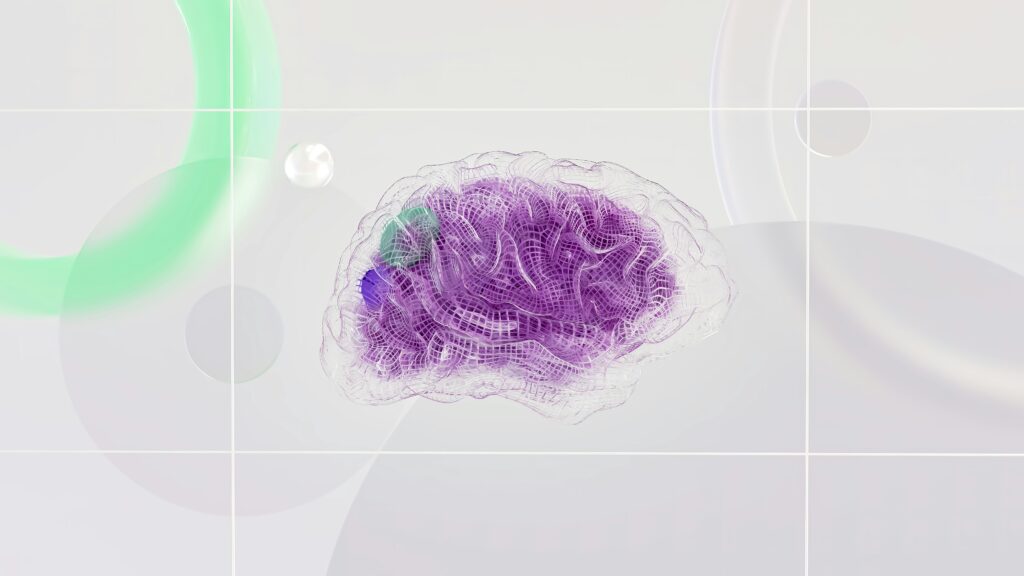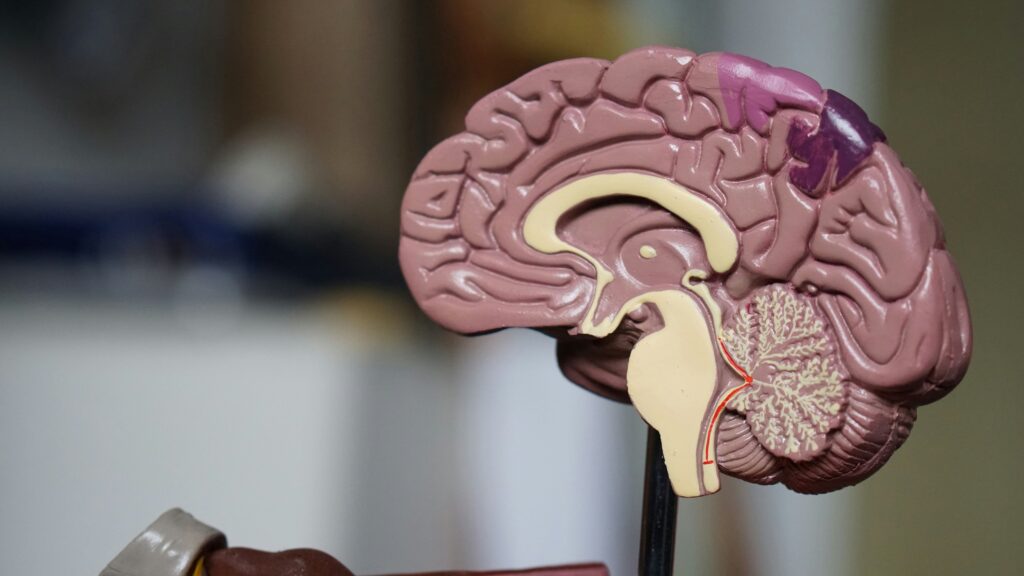In the intricate landscape of neuroscience research, peptides have emerged as powerful tools, offering a window into the complex workings of the brain and promising new avenues for therapeutic intervention. Let’s delve into the fascinating world of peptides and their role in understanding and treating neurological disorders.
Understanding Peptides: The Building Blocks of Life
Peptides are short chains of amino acids, the fundamental building blocks of proteins. While proteins are composed of long chains of amino acids, peptides are shorter and typically consist of fewer than 50 amino acids. Despite their smaller size, peptides play critical roles in various biological processes throughout the body, including the brain.
Peptides and Neurotransmission: The Brain's Messengers
One of the most significant contributions of peptides to neuroscience lies in their involvement in neurotransmission. Neurotransmitters are chemical messengers that transmit signals between neurons, enabling communication within the nervous system. Peptides act as neurotransmitters or neuromodulators, influencing the activity of neurons and regulating various physiological processes.
For instance, neuropeptides like oxytocin and vasopressin are renowned for their roles in social bonding and stress response. These peptides modulate social behavior, emotional responses, and the body’s reaction to stress, shedding light on their importance in understanding complex neurological phenomena.

Peptides as Therapeutic Targets: Harnessing the Power of the Brain
Beyond their roles in normal brain function, peptides are garnering attention as potential therapeutic targets for neurological disorders. Conditions such as Alzheimer’s disease, Parkinson’s disease, and depression involve dysregulation of neurotransmitter systems and neuronal signaling pathways, making them potential targets for peptide-based therapies.
Researchers are exploring the use of peptides to modulate neurotransmitter levels, enhance neuronal survival, and promote neuroplasticity—the brain’s ability to reorganize and form new connections. By targeting specific peptide systems, scientists aim to develop therapies that can slow the progression of neurodegenerative diseases, alleviate symptoms of psychiatric disorders, and improve cognitive function.
Challenges and Innovations: Overcoming Hurdles in Peptide Therapy
Despite their immense potential, peptides face challenges in clinical translation. Peptides can be fragile and susceptible to degradation, limiting their effectiveness as therapeutic agents. Moreover, delivering peptides to the brain poses a significant challenge due to the blood-brain barrier, which restricts the passage of large molecules.
However, advancements in peptide engineering and drug delivery technology are paving the way for innovative solutions. Novel peptide formulations, including peptide conjugates and nanoparticle-based delivery systems, are being developed to enhance peptide stability and brain penetration, overcoming these obstacles and bringing peptide therapies closer to reality.

Looking Ahead: The Future of Peptides in Neuroscience
As research in neuroscience continues to advance, peptides are poised to play an increasingly significant role in unraveling the mysteries of the brain and developing novel treatments for neurological disorders. With their ability to target specific receptors and modulate neuronal activity, peptides offer exciting possibilities for the future of neuroscience research and therapy.
Unlocking the Potential: Your Peptide Partner in Neuroscience Research
At Revive, we are dedicated to providing high-quality peptides for research purposes, including those relevant to neuroscience. Our comprehensive selection of peptides is meticulously synthesized and rigorously tested to ensure purity and potency, empowering researchers to unlock the potential of peptides in advancing neuroscience.
Explore our diverse collection of peptides today and join us in the journey of unraveling the mysteries of the brain.


